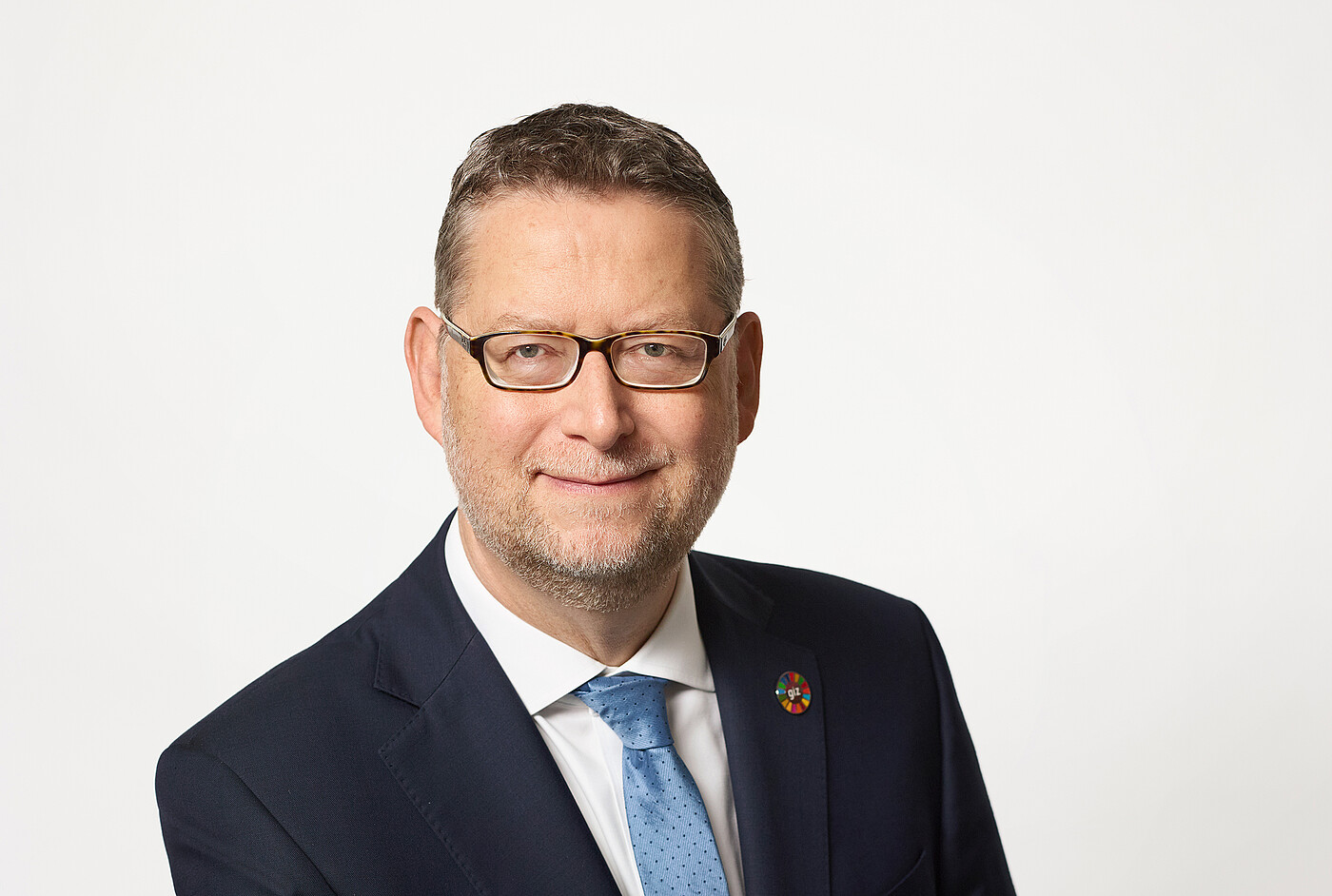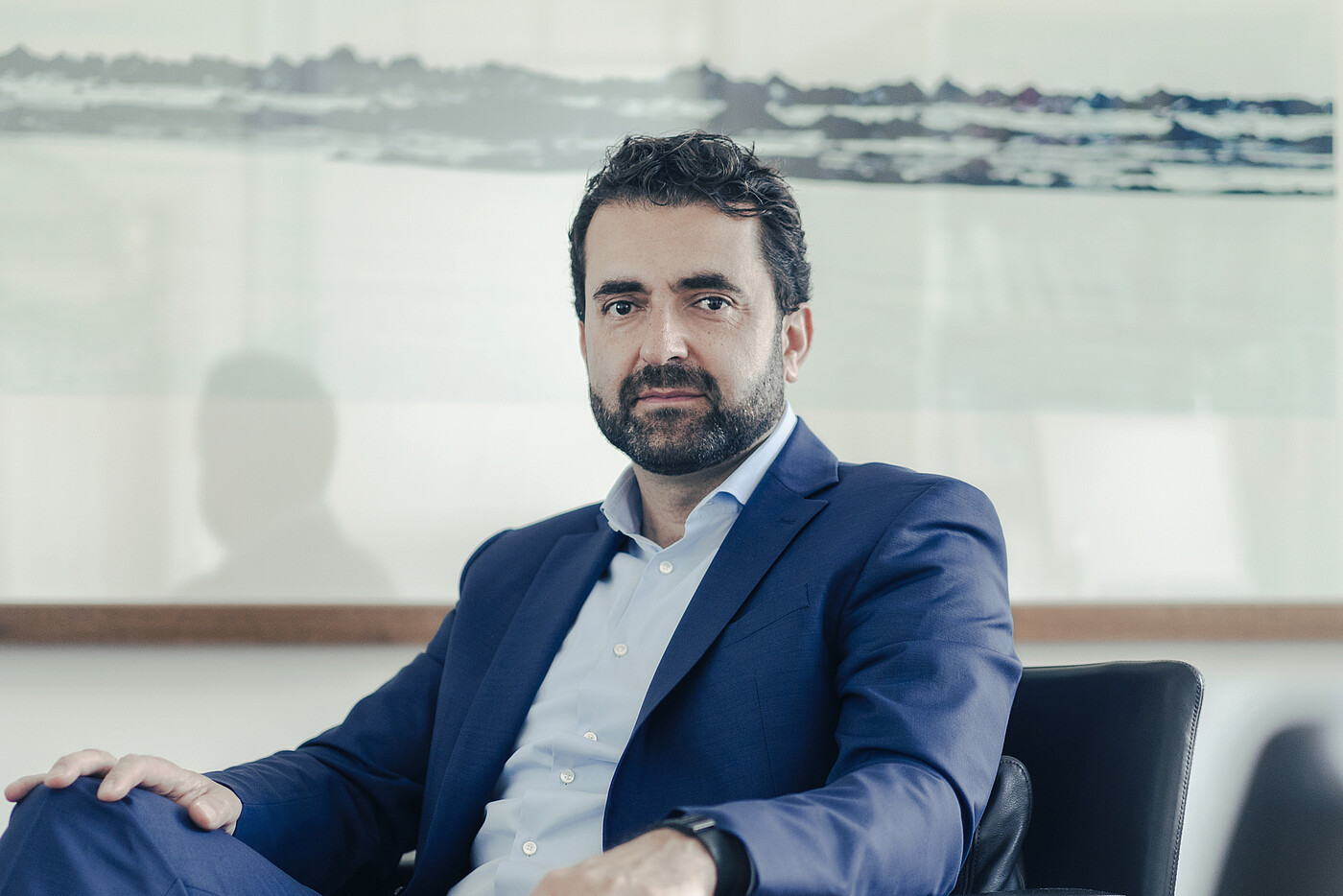We put three questions about the key transformation themes of our time to Thorsten Schäfer-Gümbel, Board Spokesperson for the state-owned German Society for International Cooperation (GIZ):
The survey carried out exclusively for Transformation Quarterly indicates that climate action is not top of the agenda for executives and self-employed people. Do you understand their position?
Digitalisation and climate change are the two great transformation topics for society, industry and individuals. This has not changed as a result of the Covid pandemic and the Russian war against Ukraine. On the contrary, they are accelerating the transformation worldwide. It would be smart not to let current short-term concerns lead to a loss of focus on what is fundamentally important. That would only increase the problems and make them more expensive. In the medium term, that wouldn’t lead to success.
The GIZ is a big employer, with 25,000 staff worldwide, so it has considerable responsibility in the area of sustainability. How important is sustainability to you and how do you communicate this to your colleagues?
It is our mandate to work towards a better future worldwide. The United Nations‘ Sustainability Goals provide the framework for this. We are communicating this on an ongoing basis – after all, it is part of our corporate identity.
What are the key aspects of crisis management from the perspective of an institution like GIZ?
In 2023, the guiding focus of GIZ will be strengthening resilience. I mention that because our very successful performance during the pandemic has something to do with it. Top management collaborated very closely, working together quickly and trustfully. This led to regular orientation and decisions. Especially in crisis situations, orientation is extremely important, as you have to deal with real uncertainty. But we also listened in to the organisation very carefully and heard a lot. This led to many measures, particularly in the company’s health management. As a result there was a real contribution to our performance, which is also why we have chosen our guiding focus, because we want to roll it out systematically.

 LinkedIn
LinkedIn
 Twitter / X
Twitter / X

